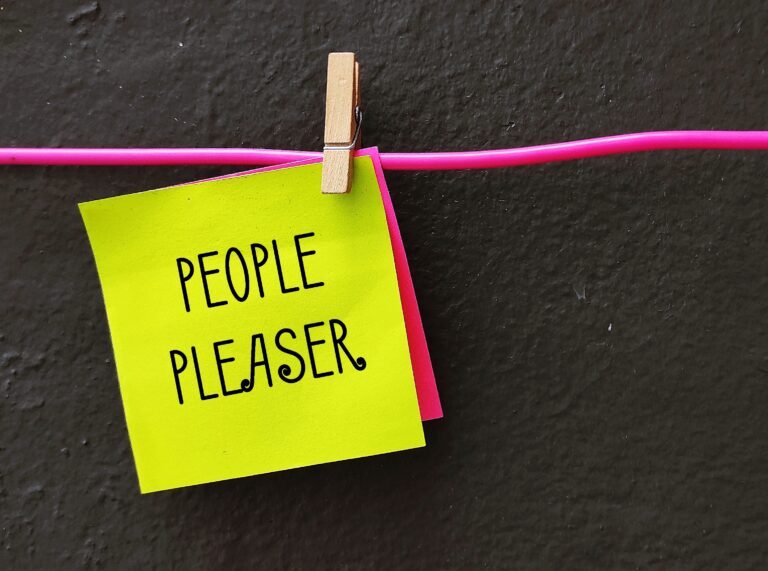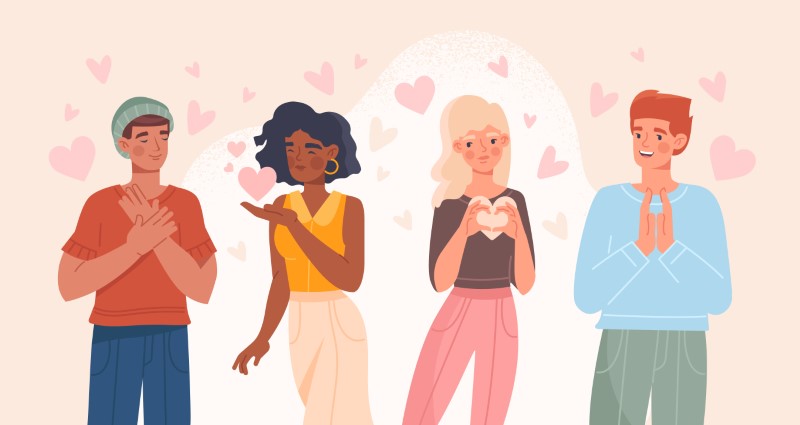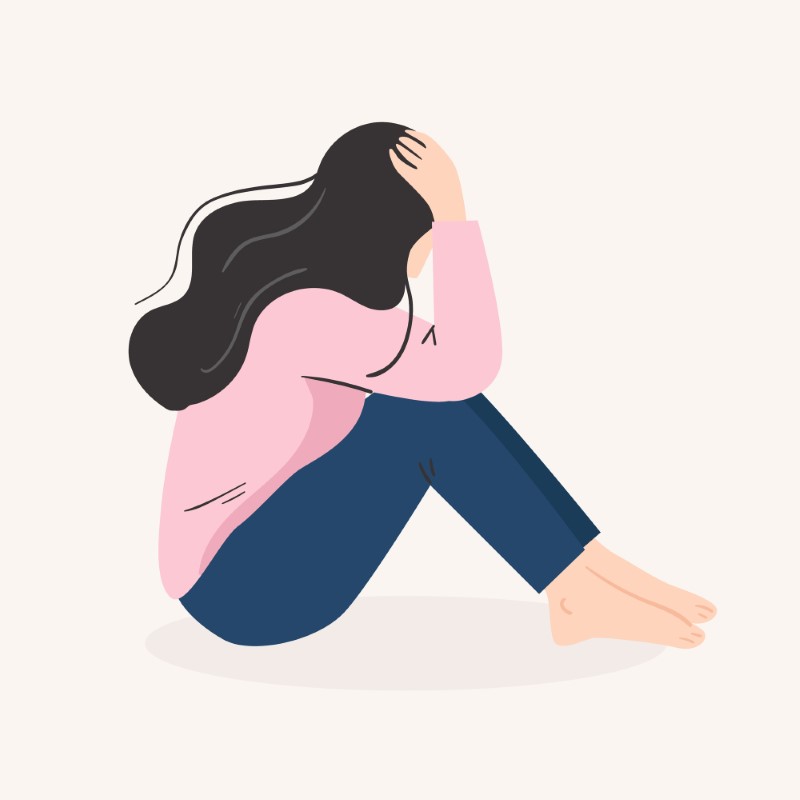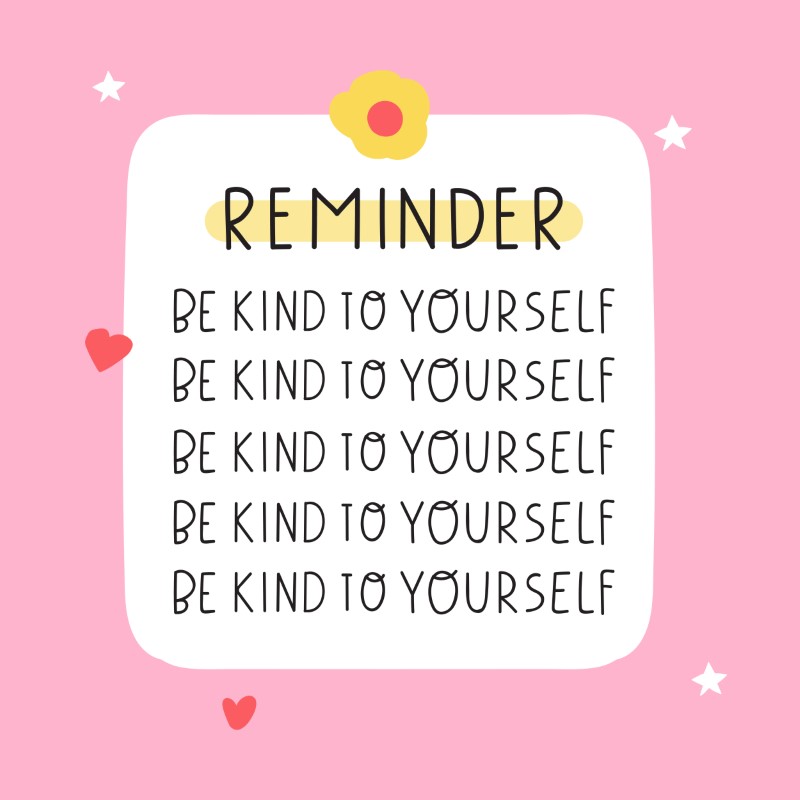Are You a People Pleaser in Relationships?

Would you call yourself a “nice” person? Chances are, you would, but maybe you shouldn’t.
When it comes to relationships and our personal lives, there are many other more important qualities than being “nice.”
Being nice is often equated with being agreeable, polite, and helpful. But when you’re dating and being nice turns into people pleasing, it can hurt us and create toxic relationships.
Table of contents [ Show Hide ]
What Is a People Pleaser?
Every successful relationship requires kindness, generosity, and a little selflessness. And while people pleasers embody these traits, there are a few things that make them unique.
A people pleaser is someone who consistently prioritizes others’ needs, comfort, and feelings over their own in an attempt to please others.
While no one wants to be a doormat, for people pleasers, this can be a strategy to win acceptance, love, and security in relationships.
Signs of People Pleasing in Relationships
At first, it may be hard to distinguish between people pleasing and just being caring towards others. But if you can relate to these signs, you might be a people pleaser in your relationships:
- Having a deep fear of rejection, being judged, or being disliked
- Excessively offering help and regularly putting others’ needs first
- Conflict avoidance and working hard to single-handedly fix relationship issues
- Usually letting others make decisions (even on little things like where to eat)
- Feeling incomplete without a relationship and being quick to commit to new people
- A tendency to be in one-sided relationships, where it feels like the other person doesn’t contribute nearly as much as you do
- Apologizing even when you did nothing wrong
- Having trouble identifying your own desires and interests
- Downplaying your own feelings (telling yourself, “It’s not that bad!”)
- Changing your opinions or personality to fit who you’re with
- Feeling guilty for practicing self-care
If many of these signs are typical for you and your relationships, you may be a people pleaser. And while you may have been thinking you were just being kind, there’s a difference between authentic kindness and destructive people pleasing.

Is It Kindness or People Pleasing?
It can be hard to tell kindness and people pleasing apart.
As discussed earlier, people pleasing is similar to “niceness.” And being nice (and striving to please others) and being kind are actually two very different things.
Kindness is given without expecting anything in return. It’s rooted in our values and in wanting to live according to those values—not for admiration or approval, but because it aligns with who we want to be.
Kindness is generous, but with boundaries. To be kind isn’t the same as sacrificing yourself to the point of burnout. Kindness requires self-love and self-respect too.
People pleasing is different. If you’re people pleasing, deep down, you hope to elicit some positive response from the other person: their validation, love, attention…
In this way, people pleasing can be a form of manipulation. Rather than coming from authentic kindness, nice gestures and agreeableness are given in exchange for a reward in the relationship. This can create a potentially toxic and codependent relationship.
Not only that, but people pleasing typically has no limits. Pleasing others comes first, even if it means we deplete and neglect ourselves.
In healthy relationships, love isn’t earned by pleasing the other person. Instead, love is given freely (albeit with healthy boundaries). Where there is people pleasing, there is typically an unbalanced relationship full of score-keeping and deep resentment.
People Pleasing Resentment
People pleasing and resentment go hand-in-hand. It’s difficult to be a people pleaser and not feel resentful.
This happens when the other person doesn’t give you the response you hoped for deep down. Then, you may start to feel like all your efforts have been in vain. And those efforts have likely required you to neglect yourself.
In fact, subconsciously, people pleasers usually expect this pattern:
- Be giving and pleasing, while neglecting myself
- Feel empty and depleted from self-sacrifice
- The other person recognizes my efforts and gives me love and security
- The emptiness is “filled up” from receiving their care
In other words, people pleasing makes us into victims. It puts us in a position of needing the other person to restore us again, after we exhausted ourselves so much in pleasing them.
But when they don’t give us the validation or attention we had hoped for, we can grow extremely resentful towards them.
Instead of caring for them and expecting them to do the same for you, honor your own needs and be responsible for your own wellbeing, not the wellbeing of others.
Causes of People Pleasing
Like many other problematic relationship behaviors, people pleasing is often based in fears of being hurt, rejected, or abandoned.
Everyone wants to be loved. And for people pleasers, the way to try to secure love is to prioritize another’s happiness and comfort in the relationship.
If you’re a people pleaser, you may believe that people pleasing makes you lovable, and without pleasing others, you won’t be loved.
Not only that, but you may believe that setting boundaries or taking care of yourself may result in other people getting angry, disapproving of you, and leaving you.
For many people, people pleasing and the fears that cause it can be traced back to childhood.
Insecure attachment with caregivers in childhood can be linked to insecure attachment in adulthood. So if your family relationships were unpredictable, cold, or even abusive, you may use people pleasing to try to create more stability in your relationships today.
Another childhood-related cause of people pleasing is only being loved for good behavior. If you grew up in a family or environment where love was used as a reward, you may have learned people pleasing habits early on.
Similarly, if you had overly domineering family members or other adults in your life who you weren’t allowed to disagree with, say no to, or voice your feelings with, you may have adapted by suppressing your own needs in favor of others’.
How People Pleasing Affects Dating and Relationships
While people pleasing can be one way to try to keep peace and harmony in relationships, it can actually create more stress and chaos.
Aside from creating deep resentment and one-sided relationships, people pleasing can have other negative effects in dating and relationships.

Attracting the Wrong People
If you’re currently seeking a serious relationship, you may find that people pleasing behaviors can seriously hurt your chances of finding a good partner.
One common dating struggle for people pleasers is attracting the wrong people. Some potentially harmful people will be eager to take advantage of a people pleaser’s niceness.
And deep down, many people pleasers want to be saved. Past bad relationships and trauma can leave us feeling dependent on someone new to fix our pain.
Because of this, it’s common for people pleasers to attach themselves to someone who seems stronger, someone who can save them.
But people who seem strong at first, and who are attracted to a people pleaser, can actually be more controlling and self-centered.
We may use pleasing behavior to try to win this dominant person over so they can save and protect us. But in reality, we can only save ourselves, and those types of partners can be even more damaging to our mental health and wellbeing.
This is all to say that people pleasing can attract bad dating partners who are more likely to trigger our insecurities. And for healthier, more secure dating partners, they may be turned off by overly nice people pleasing tendencies.
They may question if your agreeableness is authentic. And if they do appreciate your niceness, they may still decide not to date you because they may worry that they won’t be able to give as much as you do.
Never-ending Relationship Problems
Once in a relationship, people pleasers may feel like something’s always wrong and needs to be fixed. There can be a nagging feeling of being ignored or deprived of love. Yet, without the relationship, people pleasers feel lost and empty.
Problems are inevitable in every relationship, but if you’re a people pleaser, you will likely fixate on these issues. And while, on one hand, you want to solve these issues, on the other, you may fear discussing the issues directly.
In relationships with people pleasers, many issues and hurt feelings are left bottled up. A people pleaser may work hard to ensure that these bottled-up problems don’t leak out, though sometimes they do, in the form of an emotionally explosive argument.
The truth is, people pleasing can never solve relationship problems. Instead, it only acts as a bandage to cover problems temporarily. And when we disconnect from our true feelings and needs, we disconnect from our partners and, more importantly, ourselves.
Are you in a relationship that’s slowly losing its spark? Here are some tips on how to keep attraction alive!
- #1 trusted dating app in the US
- For serious, long-term relationships
- Free registration
- Good search function
- Very fast contact
- Registration free of charge
- Fast answers
- Large database of verified & attractive Asian and European singles
- Efficient communication and instant messaging
- Top-level safety and professional support
- 24 hrs customer service
- One on one Romance Consultations.
- 100% real users.
- Best for: Finding authentic mature matches
- Free membership: Free registration, limited
- Users: 5 million
- Meet real asian, european, and latino singles
- Real-time communication with efficient tools
- Professional dating services
How to Stop Being a People Pleaser
A healthy mindset is the first step to banishing people pleasing beliefs. Know that your worth isn’t based on pleasing others. You are worthy of love without having to work for it.
Grow your confidence by focusing on your strengths and letting go of perfection. This way, you can create self-worth from within, and not from the approval of others.

Expose Yourself to Discomfort
You can also try using exposure therapy, either with a therapist or on your own. In exposure therapy, you gradually expose yourself to your fears. For people pleasers, you can try acting in ways that you fear could trigger disapproval from someone else.
For example, try saying no, and see what actually happens. Or try facing a conflict assertively, without avoiding it. Speak honestly about your feelings and needs, and ask for what you want.
Learn What Feels Right for You
For many people pleasers, knowing and asking for what you want can feel impossible at first. It’s likely that you’ve been focusing on others so much that you’ve forgotten how to focus on yourself.
If you struggle to identify what you want or when to say no, try turning to your body. Pay attention to your physical response when you imagine saying yes to something, for example. Notice if your body feels calm and relaxed, or if there’s some tension or your breathing feels shallow.
Embrace Authenticity
Finally, change the way you think about people pleasing. Many people pleasers have developed a value system based on pleasing others, where people pleasing actions are seen as the “right” thing to do.
If you’re a people pleaser, you may think that your people pleasing is what makes you a generous, loving, “good” person. While it’s great to value generosity and kindness, consider adopting another value: authenticity.
Next time you’re faced with a disagreement or issue in a relationship, rather than focusing on how you can make them feel comfortable, focus on what would be most authentic and honest in that moment.
While cultivating healthy relationships with loved ones is important to heal people pleasing, having our own lives and authentic identity is also crucial.
Let Go of People Pleasing and Start Pleasing Yourself
Date yourself first to get to know yourself and what you really need. Then, focus on building a relationship with someone who will appreciate you as you are, without needing to constantly work to win them over.
It’s natural to want to be loved. But in the end, you’re worth much more than what others think of you. And more important than others liking you will always be you liking yourself.





